Our experts

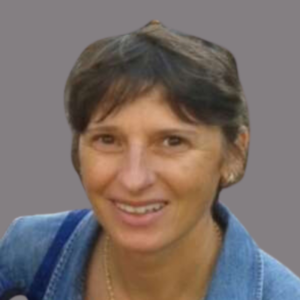
Christine Fallet
CNES, France
Christine Fallet is the CARIOQA-PMP project coordinator. She brings extensive expertise in spatial systems and project development.
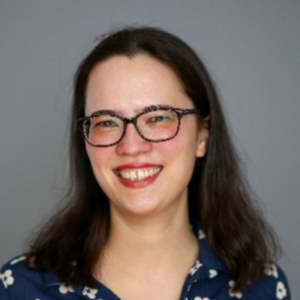
Karin Kiewisch
DLR, Germany
Karin is CARIOQA-PMP’s Programmatic Coordinator. She enjoys working at the interface of science, policy and international cooperation at the German Space Agency.
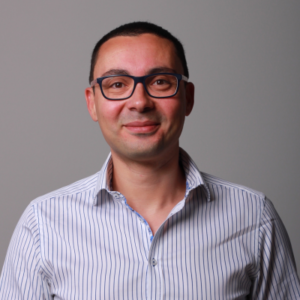
Naceur Gaaloul
Leibniz University Hannover, Germany
Naceur is the head of the “Theory of Quantum Sensing” group at the Institute of Quantum Optics supported by the DFG’s Excellence Cluster QuantumFrontiers. He is pushing the quantum engineering of ultracold gases to realize precision measurements for fundamental physics and inertial sensing applications.
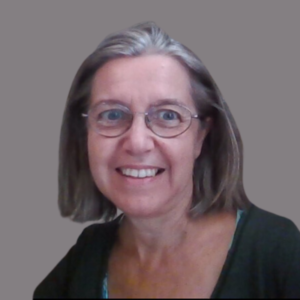
Federica Migliaccio
| Politecnico di Milano, Italy |
Federica Migliaccio is full professor of geodesy and geomatics at Politecnico di Milano, Department of Civil and Environmental Engineering. Her main research field is satellite geodesy, with particular interest in satellite gravimetry.
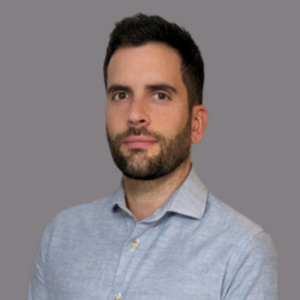
Pierre-Alain Gominet
Airbus Defence and Space, France
Pierre-Alain is working at Airbus Defence & Space as an Optical Engineer. He is the AIT (Assembly, Integration and Test) manager of the EM Instrument developed in the frame of CARIOQA PMP project.

Katharina Lechner
Technical University of Munich (TUM), Germany
Katharina has a master’s degree in geodesy and geoinformation with specialization in physical and satellite geodesy at the Technical University of Munich (TUM). She is working as a research Assistant/PhD student since April 2023 at TUM under the supervision of Professor Pail.

Thomas Lévèque
CNES, France
| Thomas Lévèque is the CARIOQA-PMP’s Technical Coordinator. He brings its expertise in Quantum Sensors design, acting at the interface between academy and industry. |
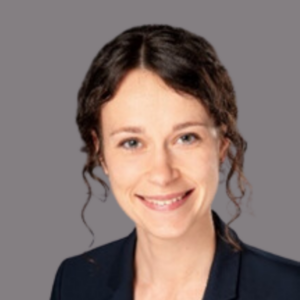
Maike Lachmann
Airbus Defence and Space, Germany
Maike is working for Airbus Defence & Space in the optical instruments department. She is the system engineer for the CARIOQA-PMP Physics Package in which the atom interferometric measurements are performed.

David Bisconti
Leonardo, Italy
| David has been working in Space Business Unit at Leonardo as RF System Engineer since 2011. He is Project Engineering Manager of EM Microwave Source, the Master Clock of the whole gravimeter instrument developed for CARIOQA-PMP project. |

| Wolf von Klitzing |
FORTH-IESL, Greece
Wolf von Klitzing is the PI of the BEC and Matter Waves group, and the Space Optics Laboratory. The BEC group works on Bose Einstein Condensation and matter-wave interferometry whereas the Space Optics Laboratory concerns itself with technologies for Atom Quantum Sensors in space and with optical (quantum) communication between earth and LEO satellites.
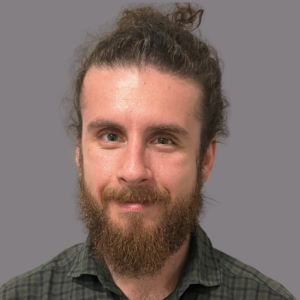
Jorge García-Rivas Carmona
GMV, Spain
Jorge joined GMV in 2022 as Mission Analysis Engineer. He has participated in space projects involving Earth observation, telecommunication, gravity studies, and technology demonstrators, among others.
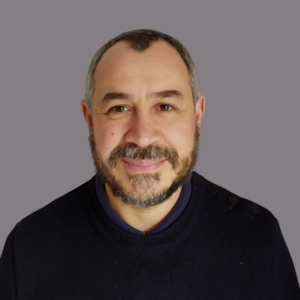
Franck Pereira Dos Santos
SYRTE/CNRS, France
Franck holds a Senior Researcher position at CNRS, and leads the “Atom Interferometry and Inertial Sensors” at SYRTE. He works on the design, the realization and the metrological characterization of quantum sensors based on atom interferometry at their best level of performances.
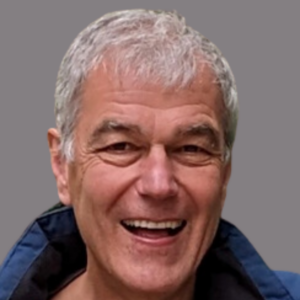
Jürgen Müller
Leibniz University Hannover/ Institute of Geodesy, Germany
Jürgen Müller is full Professor in Physical Geodesy at the Leibniz Universität Hannover, Germany. His research fields cover space and terrestrial gravimetry, including novel measurement concepts, related earth system research, lunar laser ranging and general relativity.

Manuel Schilling
DLR, Germany
Manuel is working at the German Aerospace Center’s Institute for Satellite Geodesy and Inertial Sensing on applications of quantum sensing in geodesy. His work is focused on improving the determination of the gravity field.

Hannah Zohren
DLR, Germany
Hannah joined the CARIOQA family in late 2023 as Programmatic Coordinator for the CARIOQA PMP and PHA projects. She strives to use her scientific and technical expertise for the benefit of society, including sustainable management of Earth’s resources.
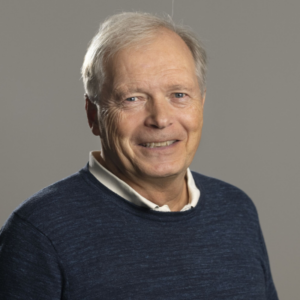
René Forsberg
DTU, Denmark
In the framework of the CARIOQA mission, René is responsible for developing simulation tools for enhanced quantum sensor satellite missions, performance estimation, and state-of-the-art analysis in quantum gravimetry.

Eva Fadil
GAC, France
Specialised in innovation support, Eva Fadil is Project Leader and senior consultant at G.A.C. Group with 12+ years’ experience in the field of European projects and studies relating to innovation and economic development

Evangelia Athanailidou
PRAXI, Greece
Elina is a Molecular Biologist specializing in technology transfer. She is a Technology Transfer Consultant at PRAXI Network / FORTH, supporting businesses and researchers in innovation and commercialization.

Baptiste Battelier
iXAtom, France
Baptiste is the director of the joint laboratory iXAtom with the French Company Exail, to develop quantum sensors for inertial navigation. In parallel he is in charge of the experimental activities of atom interferometry in microgravity in Bordeaux (FRANCE).



